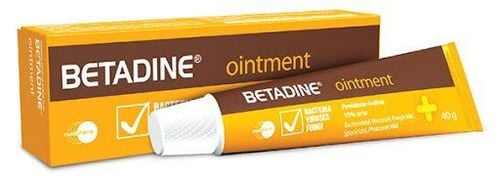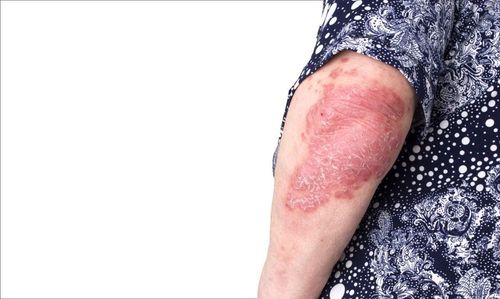This is an automatically translated article.
Article written by Dr. BS Le Thi Huong - Department of Medical Examination - Vinmec Times City International Hospital
The food you eat can affect your thyroid medication. They can slow the way your body absorbs the medicine and can affect how well it works.
1.Salt
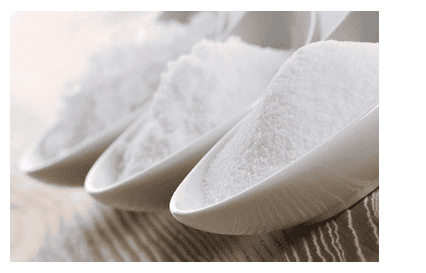
Your thyroid needs iodine to function properly. Most of the human diet gets enough of this element from the diet, usually through fish and dairy products. Make sure you are using iodized table salt at home. You can tell by looking at the label on the product packaging.
2.Green leafy vegetables
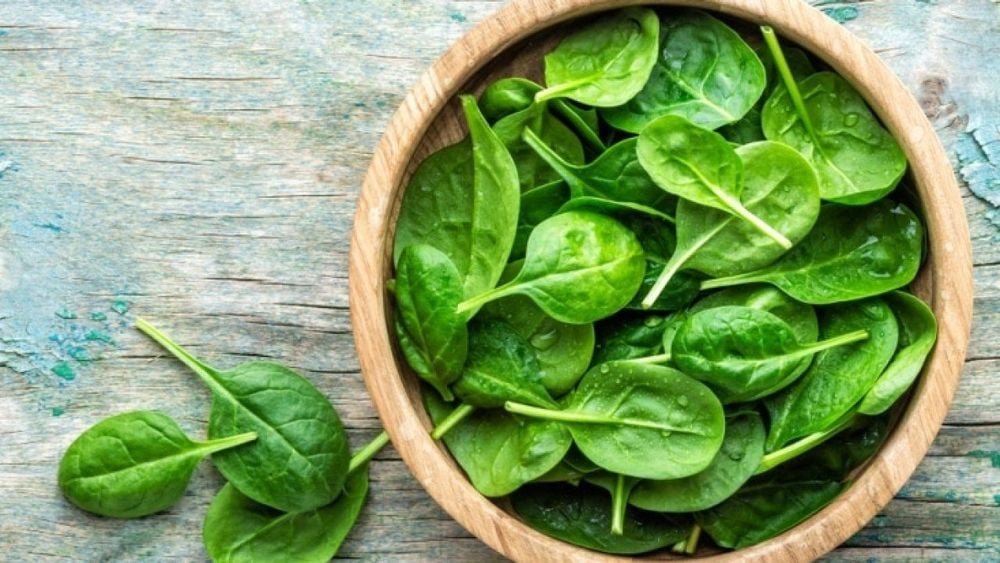
Spinach, lettuce and many other vegetables are excellent sources of Magnesium, an important mineral that plays a huge role in the functioning of the body. Symptoms like fatigue, muscle cramps, and changes in your heart rate can be signs that you're not eating enough.
3. Nuts
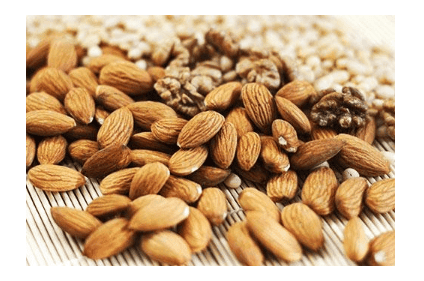
Cashews, almonds and pumpkin seeds are excellent sources of iron. Nuts help your thyroid in two ways, not only are they a good source of iron, but they are also rich in selenium, another mineral that supports your thyroid. Just a little each day is enough for you to get enough selenium.
4.Seafood
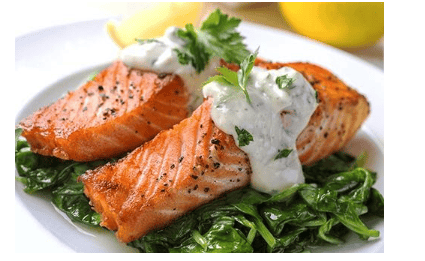
Fish, shrimp and seaweed are excellent sources of iodine. You need iodine for a healthy thyroid, but foods rich in iodine like kelp should be avoided. That could make your condition worse.
5.Kale
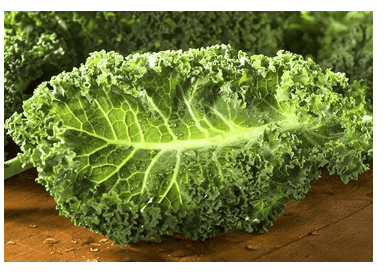
Possibly the top among superfoods. Kale is a mild goitrogen - in rare cases, it prevents the thyroid gland from getting enough iodine. But kale shouldn't be a problem for you unless you have very little iodine in your diet and you're eating large amounts of kale. This is also the case (to varying degrees) for cabbage, broccoli, cauliflower and Brussels sprouts.
6.Soybeans
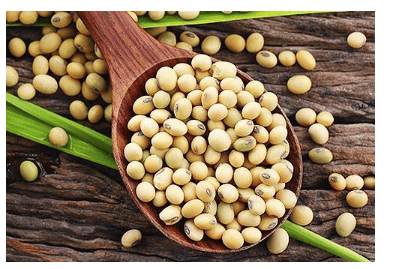
In rare cases, certain substances found in soy products such as soy milk can damage your thyroid's ability to make hormones, but only if you don't get enough iodine and eat a healthy diet. large amounts. Just like kale, if your iodine levels are fine, you probably don't need to worry about soy.
7. Organ meats
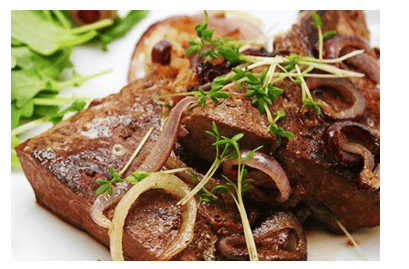
If you eat things like your kidneys, heart, or liver, you can get a lot of lipoic acid. You can also eat it as a supplement. But if you take too much, it can mess up your thyroid. Lipoic acid can also affect thyroid medications you take.
8.Gluten and Thyroid
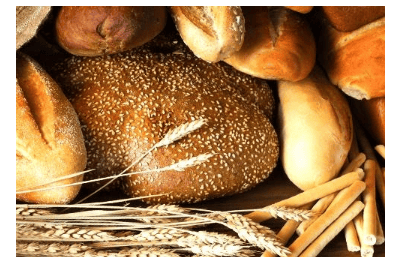
Gluten is a protein found in wheat, rye, and barley. Unless you've been diagnosed with celiac disease, it probably won't affect your thyroid. Gluten can damage the small intestine of people with celiac disease. They may have other autoimmune disorders such as Hashimoto's disease (resulting in an underactive thyroid) and Graves' disease (resulting in an overactive thyroid). If you have celiac disease, a gluten-free diet can help prevent these thyroid conditions.
9. Thyroid medicine and your food

Take the medicine on an empty stomach, preferably in the morning. Iron and calcium can interact with your thyroid medication and cause it to not work. Ask your doctor or pharmacist for more information about timing your foods and other medicines to treat your thyroid.
Please dial HOTLINE for more information or register for an appointment HERE. Download MyVinmec app to make appointments faster and to manage your bookings easily.






